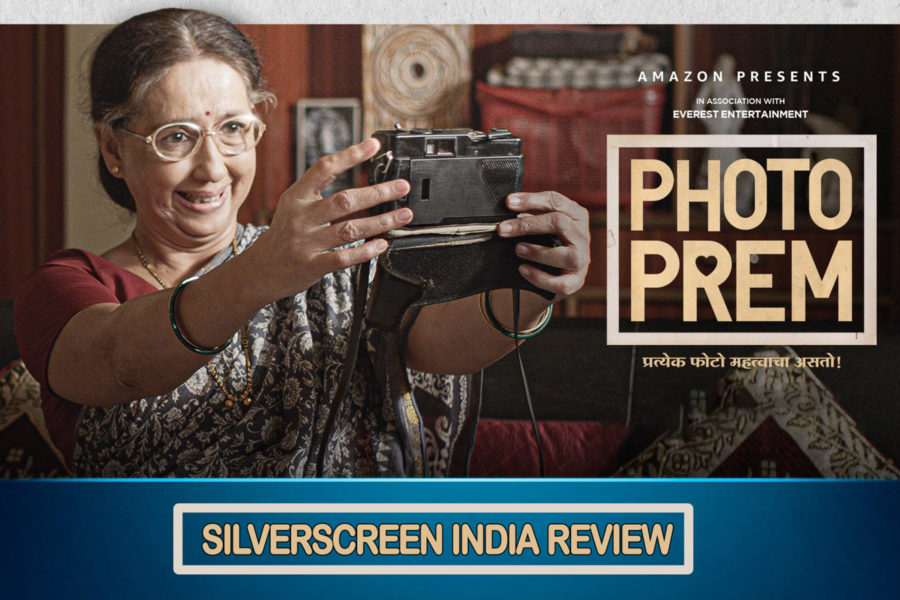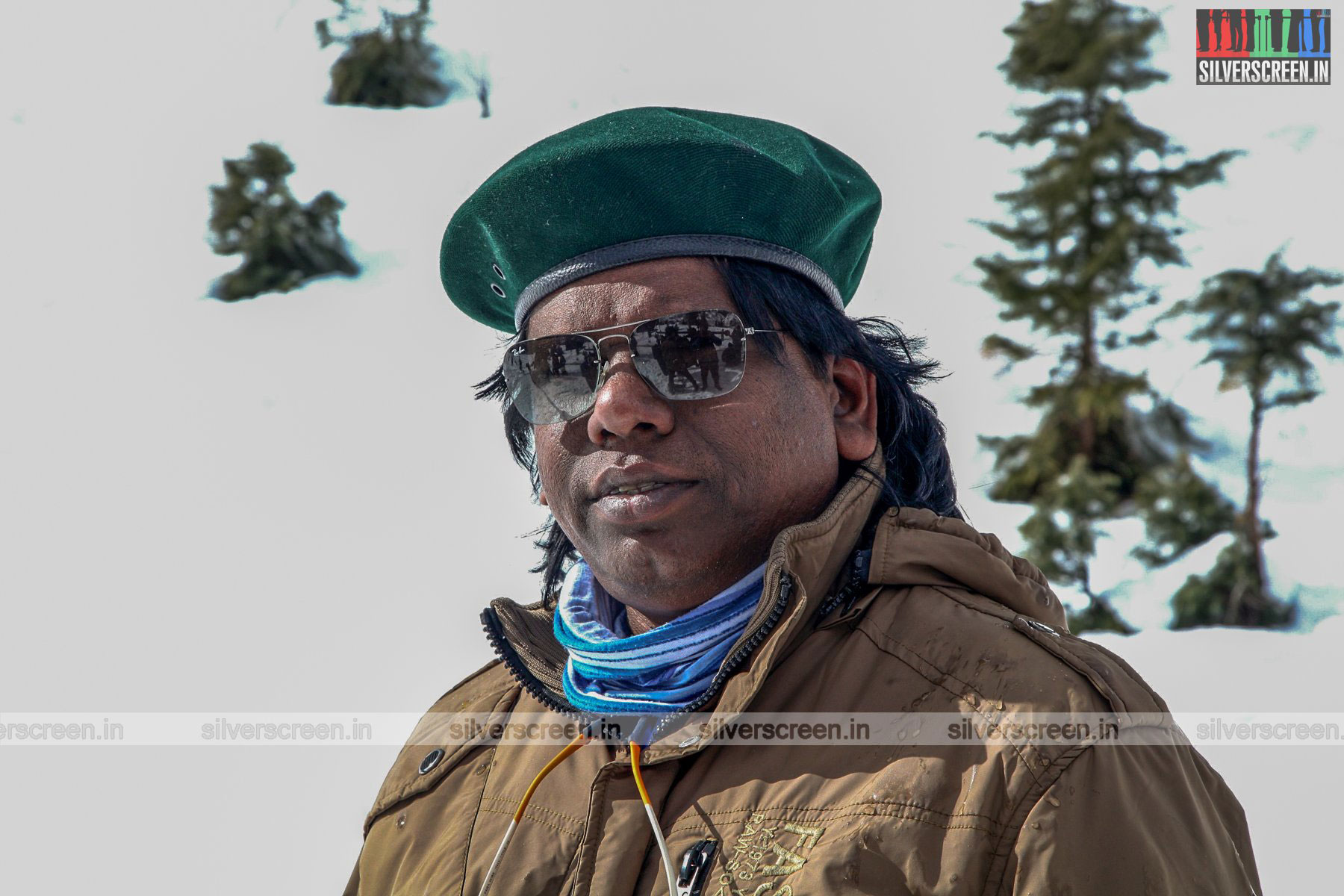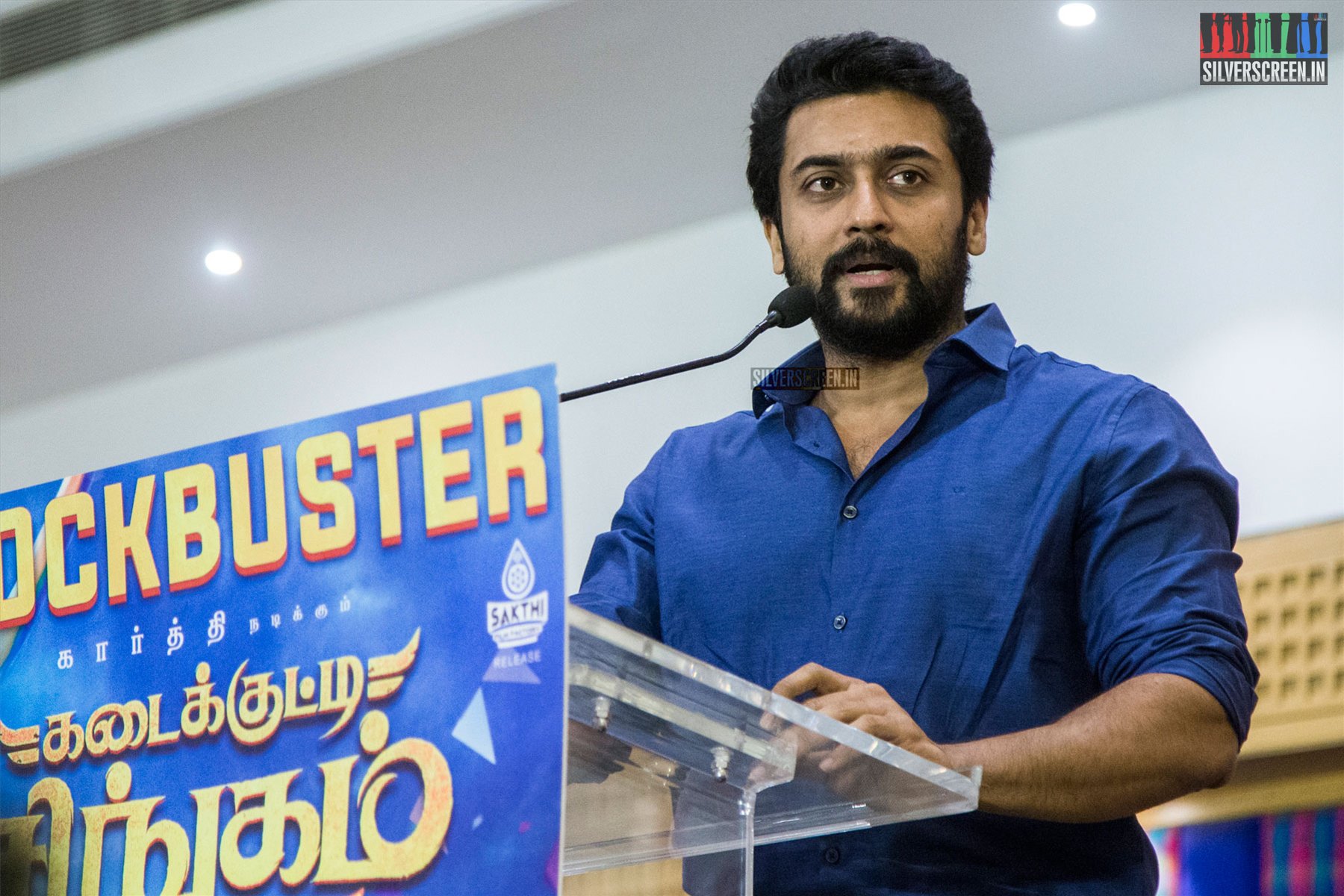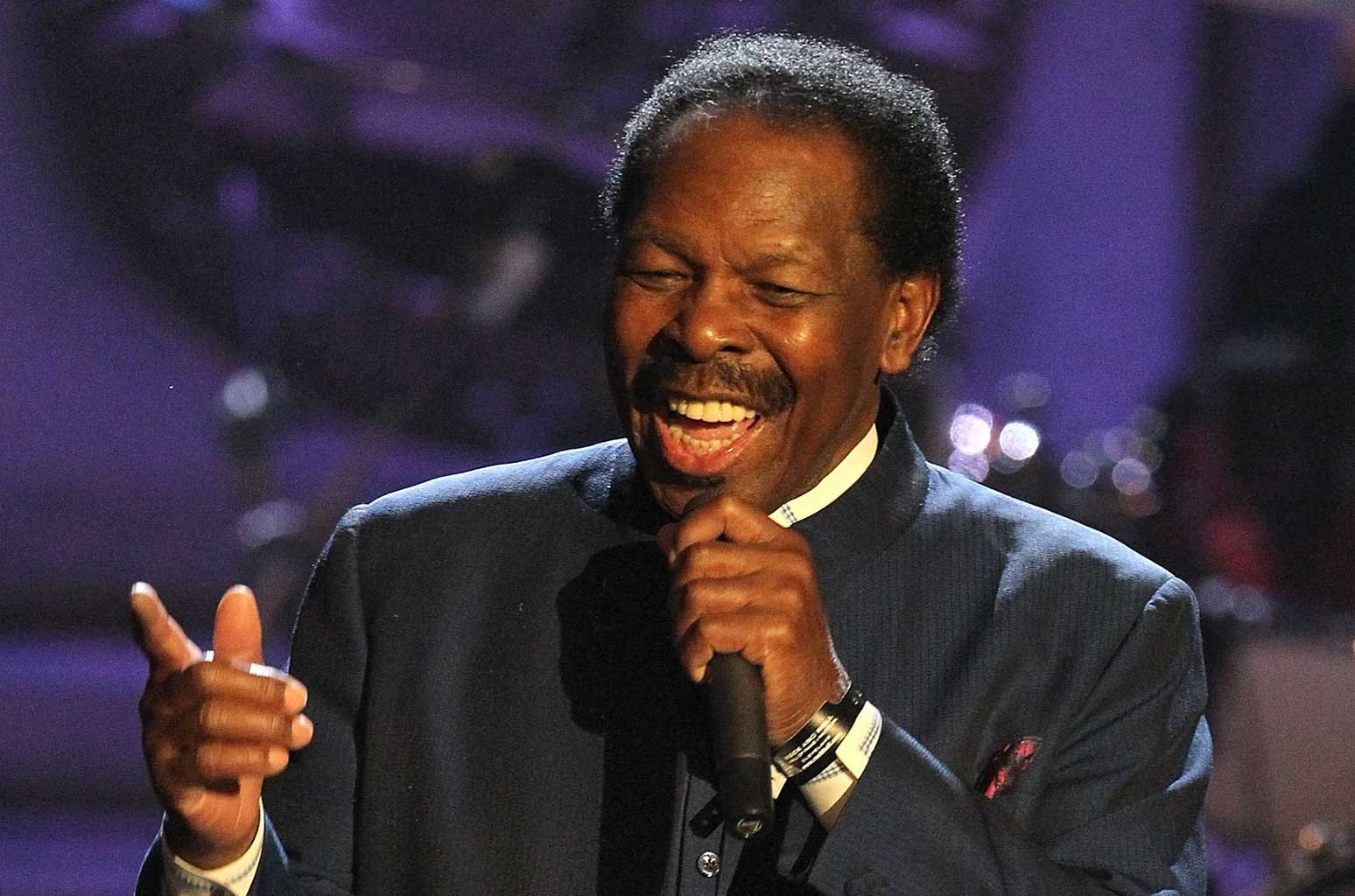A new fear descends on Sunanda (Neena Kulkarni), a middle-aged housewife in Pune, at the funeral ceremony of an acquaintance, a woman of her age who died of a heart attack. Since the kin of the deceased is unable to find a decent photograph of hers, she loses her only opportunity to be on the newspaper, on the obituary page. Having been camera-shy all her life, Sunanda realises that there is no decent photograph of hers to remind people of her after she passes away. She wonders how would she be remembered after she dies, and embarks on a secret mission to get a good portrait photo taken.
Photo Prem, a Marathi-language drama directed by Aditya Rathi and Gayatri Patil, is centred on a woman’s quest for identity after having spent a lifetime catering to the needs of others. Unlike recent films such as Thappad or English Vinglish that discussed a similar theme, the film uses a medium of humour to narrate the tale of Sunanda conquering her fears. Her camera-shyness dilutes the melancholia around the subject of death.
The narrative proceeds through scenes from Sunanda’s uneventful everyday life. She moves between the kitchen and the living room of her modest urban house where she lives with her husband. The film uses her inner voice as a running monologue, expressing her growing anxiety about death and being forgotten.
Notwithstanding the immediate charm the subject might evoke in a spectator, the film is let down by limited writing. Filmmaker Kislay’s 2019 drama Just Like That/Aise Hi had splendidly portrayed the life of a recently-widowed middle-aged woman in a north Indian city. Aise Hi looked at a traditional family mired in patriarchy from multiple angles to find its female members caught in islands of loneliness.
Sunanda is lonely too. She is an oddball in the world of food processors and Instagram. She is a mute listener at every dinner table conversation, and she cannot open up to even her closest ally. But the film, thanks to an aspiration to be a comedy of the mundane, refuses to discuss the callousness of Sunanda’s family members. Much like her husband whose interactions with Sunanda are coated with indifference, the film does not make an effort to look at her closely. One of the many ‘agents of warmth’ the film employs is the friendship between Sunanda and her domestic help (a fantastic Chaitrali Rode). But the film takes for granted the inequalities in their relationship. When they are chatting, the latter always sits at Sunanda’s feet.
Recommended
Rather than moving on to a deeper conversation about death, the place of women in a patriarchal family setup, and perhaps the question of social classes, the film goes in circles around the quirky high-concept. It treats the audience repeatedly and needlessly to scenes of Sunanda’s dire aversion to getting photographed and her new obsession with obituary columns of the newspapers and ignores the roots of her anxiety. Despite having been an indispensable element in the household for decades, why does she fear being forgotten?
Neena Kulkarni delivers an immensely poignant performance as Sunanda. Look at her turn nervously on her seat when everyone else is posing for a selfie or bearing “a storm” in her eyes in the tail end. She helps the audience recognise Sunanda’s inner conflicts and fill the gaps in the film’s writing. Even if Photo Prem ends up being forgotten quickly for its inability to rise above the trifle, the quiet force of Kulkarni’s performance elevates the film to the important league of women-centric films in recent mainstream Indian cinema.



